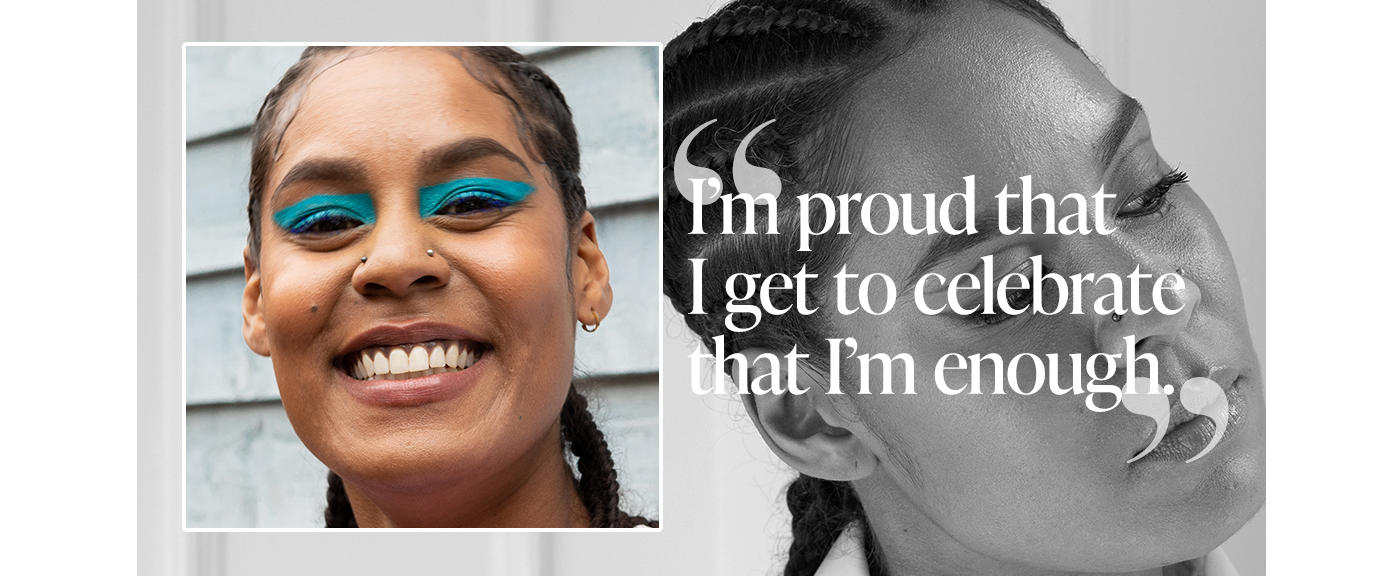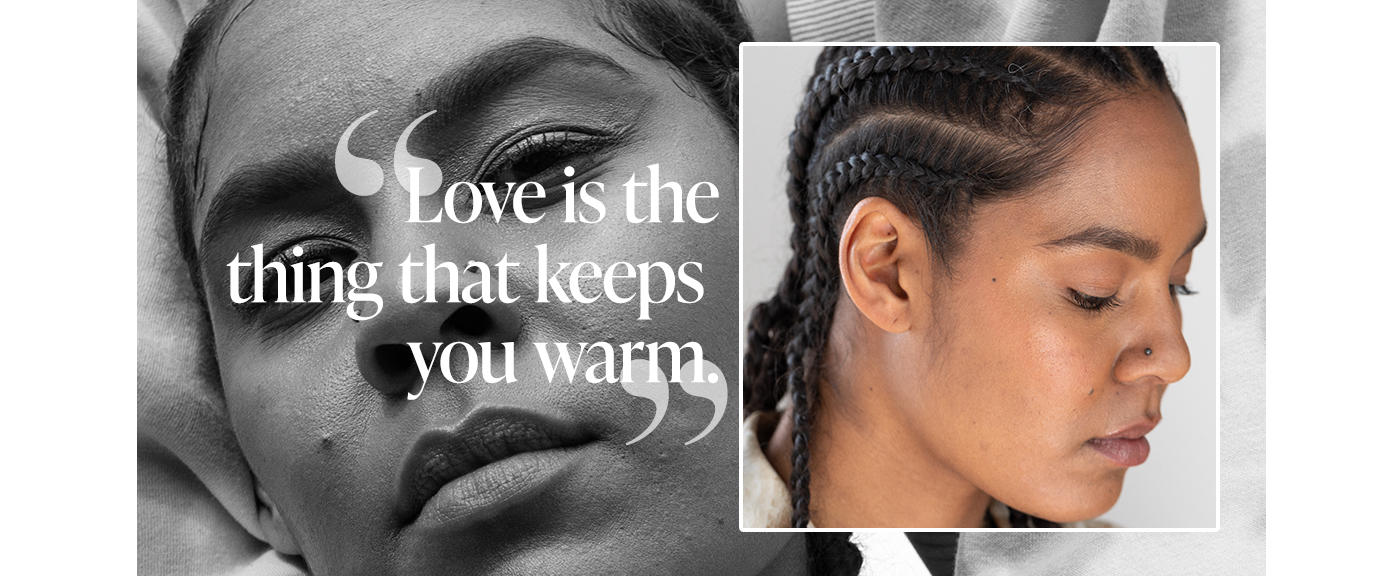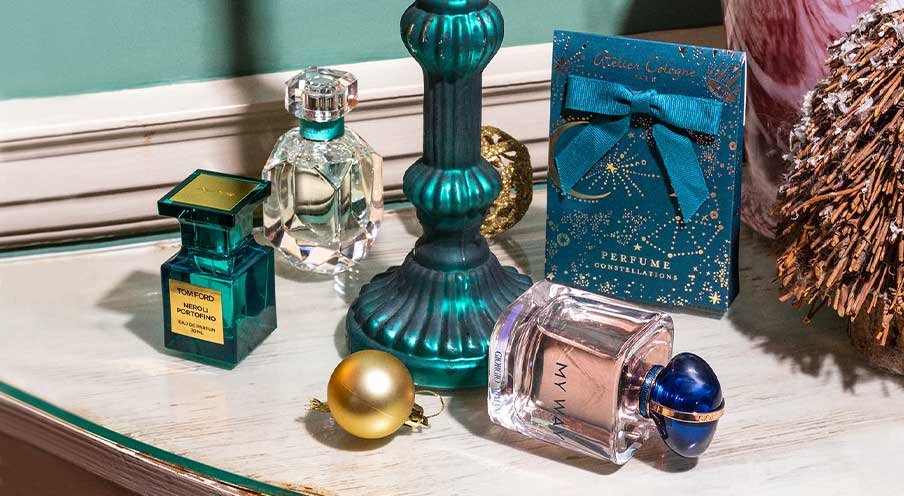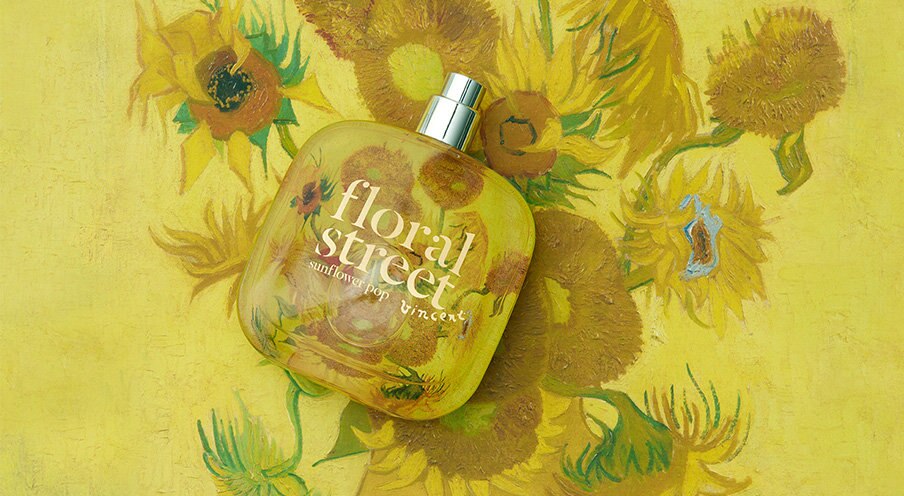Unique, inspiring and raw are just a few words that spring to mind when we think of Char Bailey. Forever a champion of Otherness, she owns her joy so freely it compels us to do the very same - something we can’t help but celebrate as we head into Pride month. As we sit down and talk about her journey with Autism, her involvement with UK Black Pride and, of course, love, we learn exactly why Char is one of our empowering Unique advocates.
My name is Char Bailey and I use She/Her pronouns.
What do you do?
I am a writer, a peak performance coach, and an autism advocate.
What makes you unique?
What makes me most unique is that I have genuine interest for the world and people. I’m very interested in how people work, how they behave and why they present themselves in the way they do. Understanding how to be more loving, be more kind, be more wise - I think that makes me quite unique.
What are you proud of?
I’m most proud of my journey. It’s taken a long time for me to say “I’m a lesbian”, “I’m a mixed race woman”, or “I’m autistic”, and to own those intersectional identities. I’m really proud of the work I’ve done to know myself, to love myself and to trust myself and I’m really proud that I get to celebrate the idea and knowledge that I’m enough.

Is it true that autism goes more undiagnosed in women?
It’s absolutely true; it used to be 9 to 1, but now it’s 2 to 1. The autism diagnostic criteria initially was based on boys, so girls or people who were assigned female at birth weren’t able to get that diagnosis because they simply wouldn’t have fit the criteria. Now, with more research, it’s a lot more understood that autism and other neurodivergence presents a lot differently in people who are assigned female at birth, so it’s really important to me to understand that element of myself and tell the world about it, too.
When were you diagnosed with autism and how did that happen?
I got my autism diagnosis thanks to a very lovely partner I had, who took the time to really know me. It was really beautiful that she noticed things about me that I didn’t really notice myself. And after that - after lots of arguments and discussions about me saying “I’m completely not autistic”, because I’m not Rainman or Sheldon or any of the other straight white male archetypes out there for us to compare ourselves to - I was in my late twenties when I finally got my diagnosis and started unpacking, understanding and respecting myself.
What’s it been like since you had that diagnosis?
Since I got my autism diagnosis, I’ve found a new place for myself where I feel full. A place where I understand myself and I give myself grace. I used to be so hard on myself. Since I’ve had my diagnosis, with that understanding I’ve been able to be a lot softer and a lot more gentle with myself.











